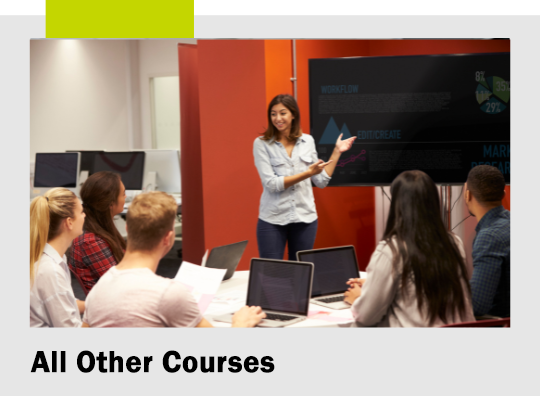Open educational resources are teaching, learning, and research resources that are created with the intention of being freely available to users anywhere. They may include, but are not limited to, textbooks, readings, multi-media files, software, assessment tools, and even entire courses. Most are covered by licenses that allow for using, re-mixing, and sharing. Explore the many tools available to educators and students.
Open access is the free, immediate, online availability of research articles combined with the rights to use these articles fully in the digital environment. It is the needed modern update for the communication of research that fully utilizes the Internet for what it was originally built to do—accelerate research.
The Open Movement is an umbrella term for the concept that knowledge should be made freely available for all, and that it should be shared, developed and enriched in an "open," collaborative manner, free from restrictive copyright laws. This movement includes Open Education, Open Access, and much more. Dive into the many facets of the Open Movement for more information about the different Open concepts.




 Course materials resource lists
Course materials resource lists